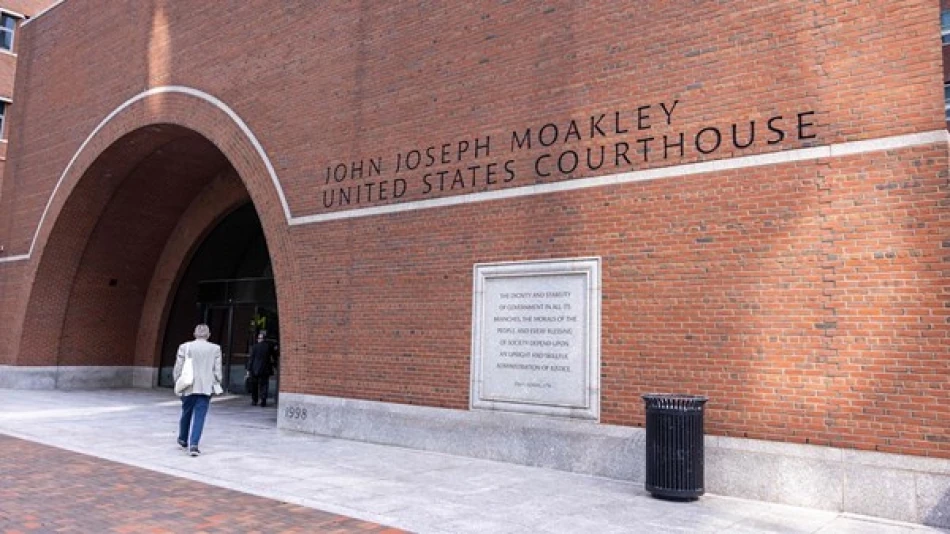
U.S. State Department Probes Harvard University Activities
Trump Administration Targets Harvard with Federal Investigation, Cuts $2.6 Billion in Funding
The U.S. State Department has launched a formal investigation into Harvard University's eligibility to participate in visitor exchange programs while simultaneously withdrawing over $2.6 billion in federal grants from America's most prestigious institution. The unprecedented move signals the Trump administration's willingness to weaponize federal funding against universities it perceives as threats to national security interests.
National Security Concerns Drive Academic Crackdown
Secretary of State Marco Rubio announced the investigation aims to "assess the university's compliance with all rules and regulations, particularly regarding the implementation of programs that do not conflict with foreign policy objectives or U.S. national security interests." The probe will conduct a comprehensive review of Harvard-sponsored programs to ensure they align with national interests.
Rubio emphasized that "the American people have the right to expect their academic institutions to protect national security, respect the law, and provide a safe environment for all students." This language suggests the administration views certain university activities as potentially compromising American security.
Financial Warfare Against Elite Academia
The $2.6 billion funding withdrawal represents one of the largest federal penalties ever imposed on a single university. Beyond the financial blow, the government has also revoked Harvard's access to the primary system allowing foreign students to study in the United States—effectively cutting off a crucial revenue stream and undermining the university's international character.
This dual approach of financial pressure and administrative restrictions creates a template that could devastate university operations. Harvard's international programs, research initiatives, and student body composition all depend heavily on federal support and visa programs.
Legal Battle Exposes Broader Academic Vulnerability
Harvard has challenged these measures in federal court, arguing they constitute "unjustified targeting." The Cambridge-based institution's legal strategy will likely focus on due process violations and the arbitrary nature of the penalties. However, the university faces an uphill battle against an administration that has already demonstrated its willingness to act decisively.
The case establishes a concerning precedent for academic freedom and institutional autonomy. If the administration succeeds in using federal funding as leverage to control university policies, it could fundamentally alter the relationship between government and higher education.
Columbia University in the Crosshairs
The investigation extends beyond Harvard, with Columbia University in New York facing similar pressure from the Trump administration. This suggests a coordinated campaign targeting elite institutions rather than isolated action against a single university. Both universities have faced criticism over their handling of campus protests and international partnerships.
The pattern indicates the administration is systematically reviewing major research universities, particularly those with significant international programs or controversial campus activities. Other Ivy League institutions are likely monitoring these cases closely, potentially adjusting their own policies preemptively.
Implications for American Higher Education
This confrontation represents a fundamental shift in how the federal government interacts with higher education. Previous administrations typically used regulatory pressure or policy changes rather than direct funding cuts and program suspensions. The Trump approach suggests a more aggressive stance toward universities that don't align with administration priorities.
The outcome of Harvard's legal challenge will determine whether universities can maintain independence from political pressure or must conform to shifting federal expectations. International students and researchers are already reconsidering American universities as destinations, potentially driving talent toward competitors in Canada, the UK, or Australia.
For Harvard specifically, the financial impact extends beyond the immediate funding loss. Reduced federal support could affect research capabilities, financial aid availability, and the university's ability to attract top faculty. The reputational damage from being labeled a national security concern may prove even more costly in the long term.
Most Viewed News

 Layla Al Mansoori
Layla Al Mansoori






